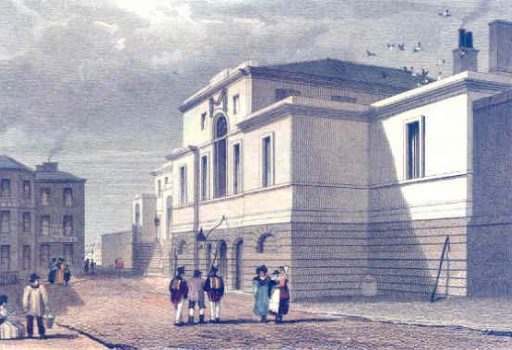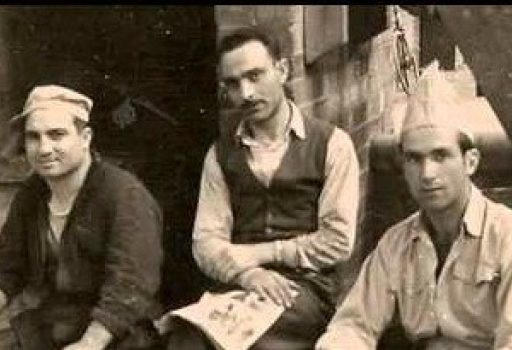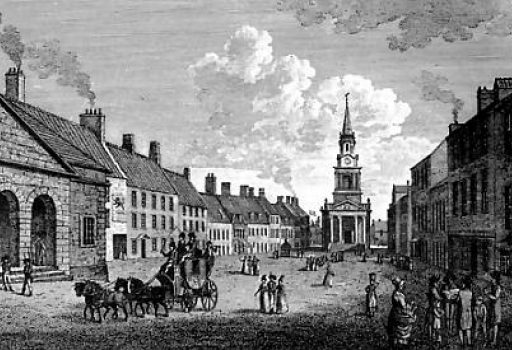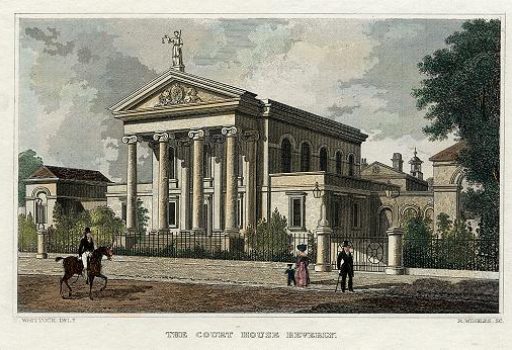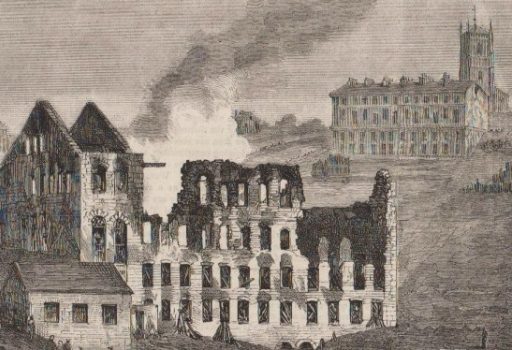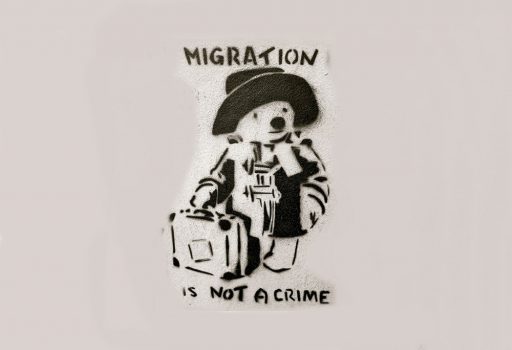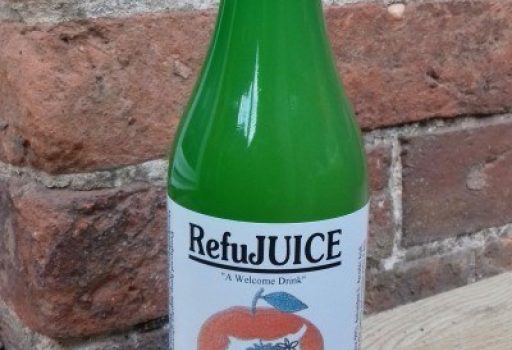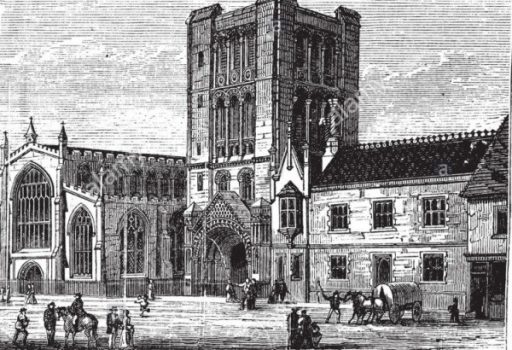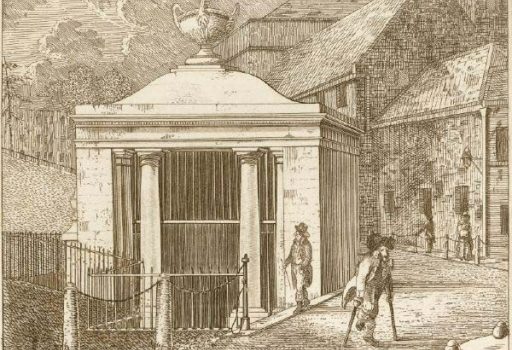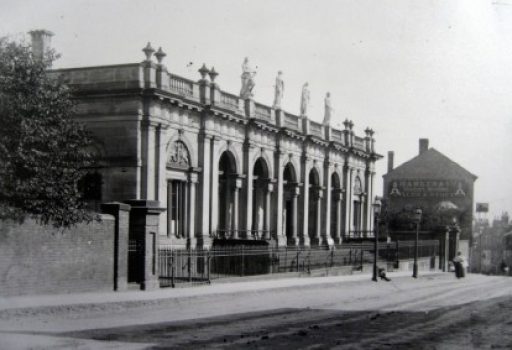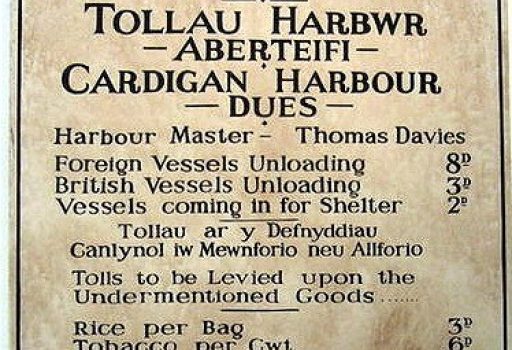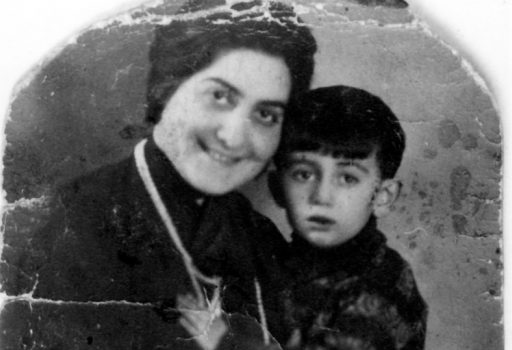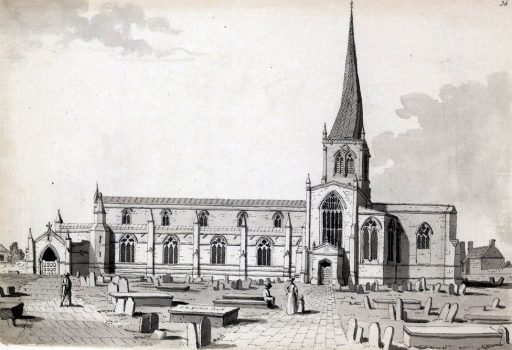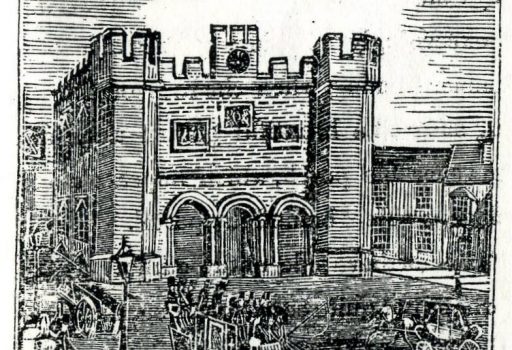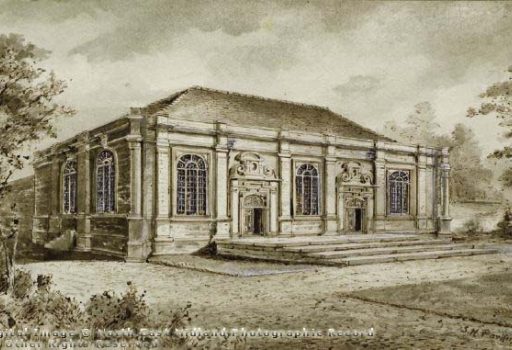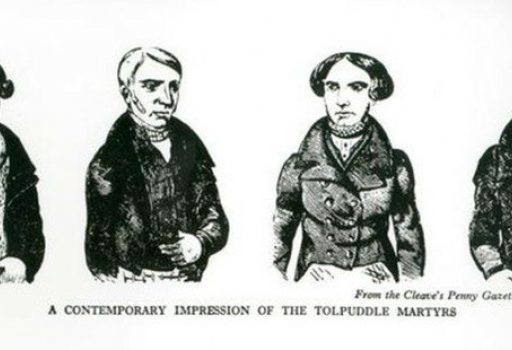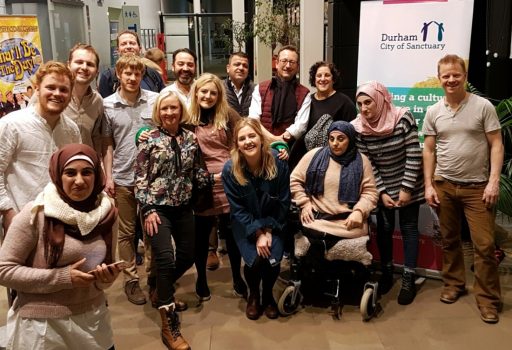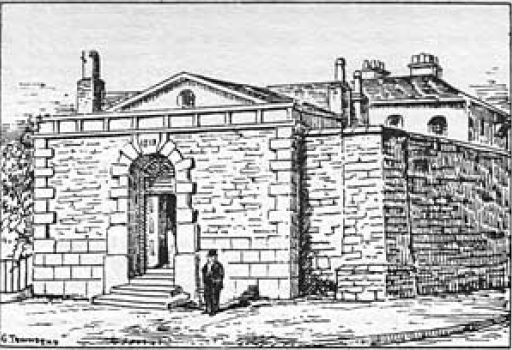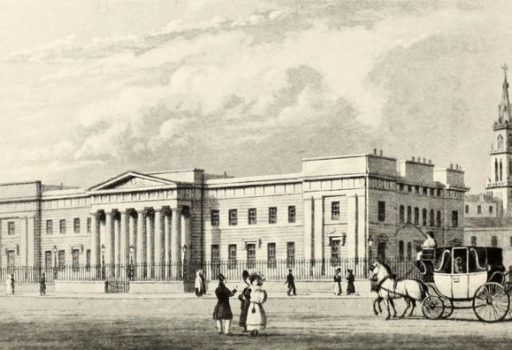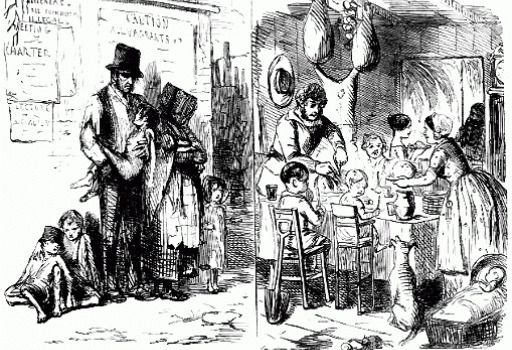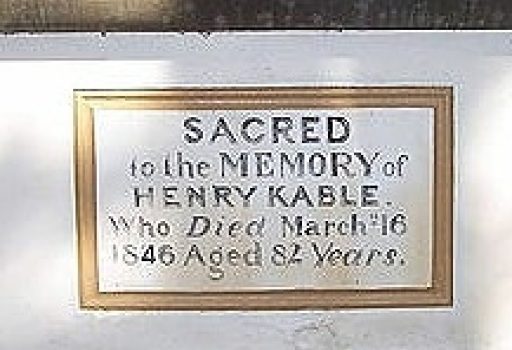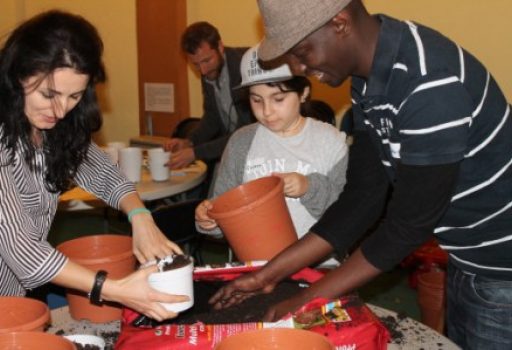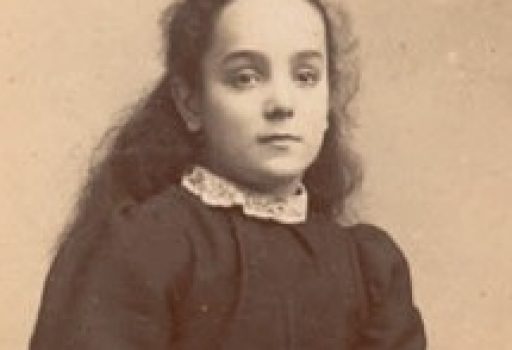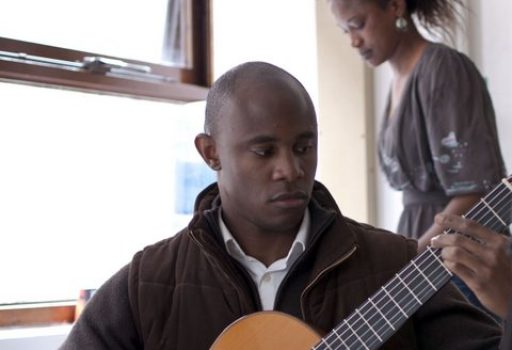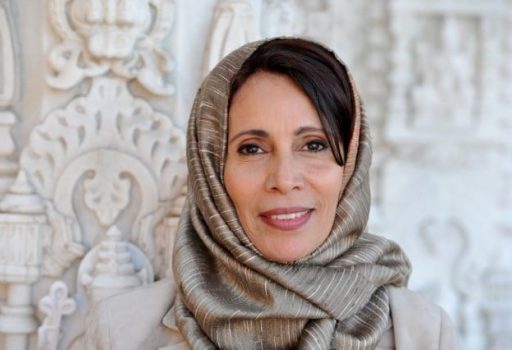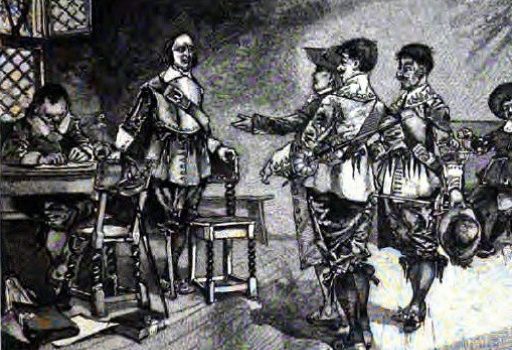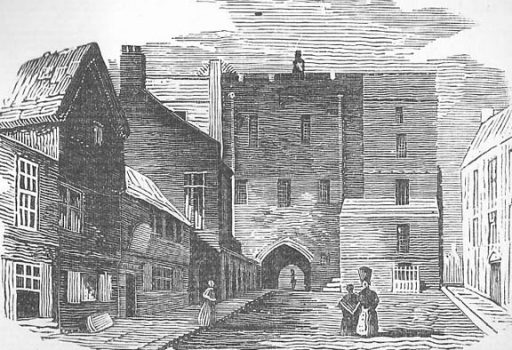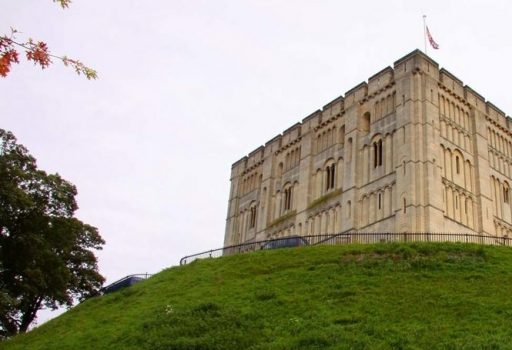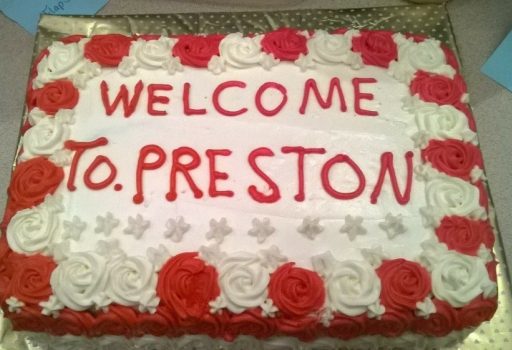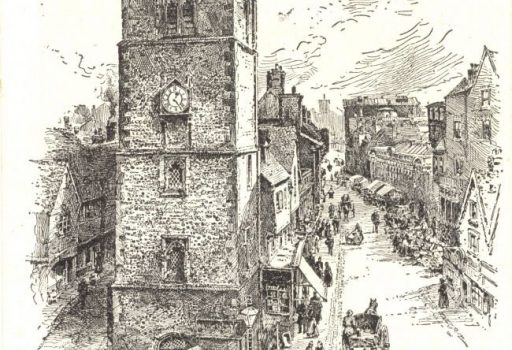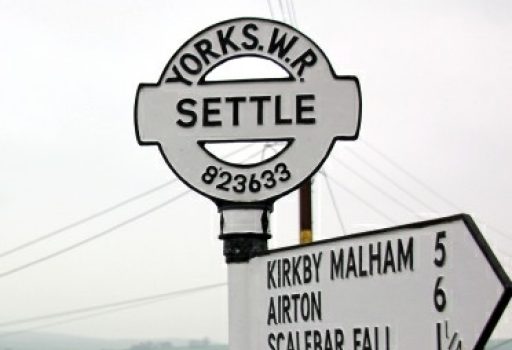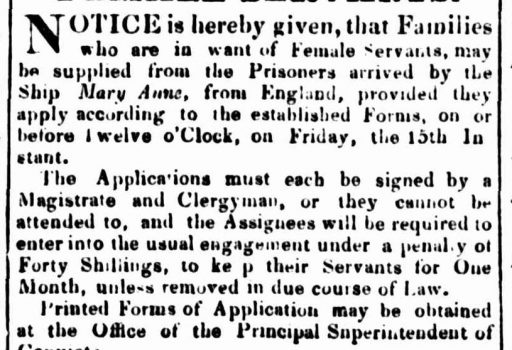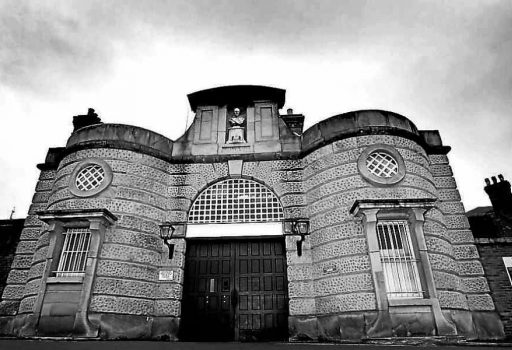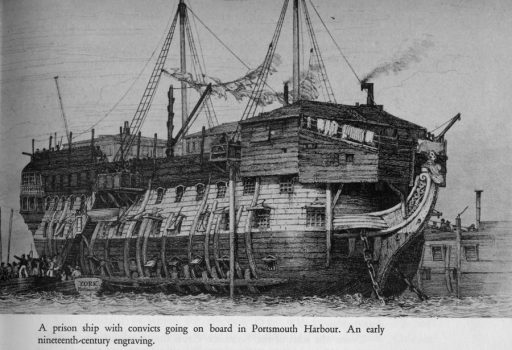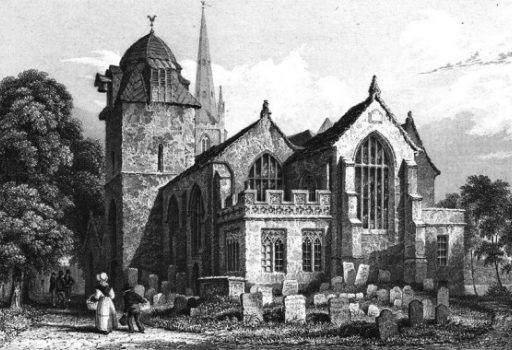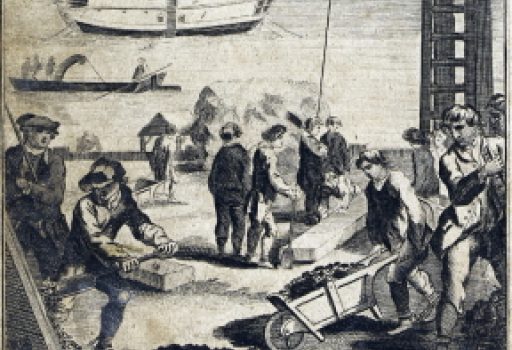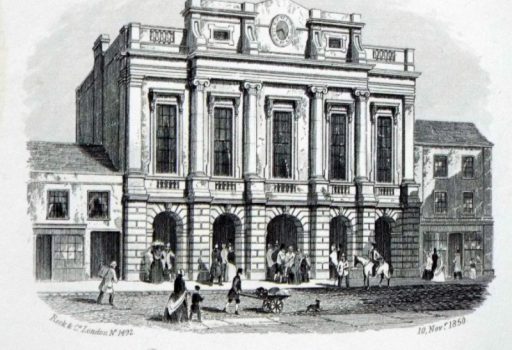THOMAS EASTWOOD was an unlucky man. He was wrongly accused of highway robbery at Rochdale in 1835 and sentenced to transportation for life. He sailed on the Neptune, arriving in Van Diemen’s Land in 1838. The actual culprits were later tried and executed in Shrewsbury. What made this worse, Eastwood had already a year earlier been wrongly sentenced for a similar crime in the same place, but saved by a Captain Hopwood, who proved his innocence. Both crimes were actually committed by the same gang. Eastwood was finally pardoned in Tasmania.
Siblings ISABELLA and THOMAS OLDFIELD were tried in Manchester in 1786 for stealing three pieces of cloth worth one shilling. Both received a seven year sentence and sailed with Henry Cable and Susannah Holmes on the Friendship. Isabella died within a month of arriving in Sydney. Her brother Thomas was soon promoted to the Night Watch at Port Jackson. In 1793 he sailed for Bengal. Presumably he’d gained his Ticket of Leave and now sought work in another colony.
Also on the Friendship, and also convicted in Manchester of stealing a handkerchief worth one shilling, was twenty-year-old ELIZABETH THACKERY. Not seemingly a model prisoner, she was several times placed in irons during the voyage. In 1810 she married Samuel King, a Sussex man on the First Fleet, and lived until 1856.
Farm labourer ROBERT WRIGLEY left a wife and two children in Rochdale when he was sentenced to life for stealing a bag of salt. He sailed to Van Diemen’s Land on the Coromandel in 1838. He married again and had 10 more children with Ellen Grey while working as a labourer in the Central Tasmanian Highlands.
JOSHUA TAYLOR of Manchester sailed on the Alexander in the First Fleet, serving seven years for stealing a handkerchief worth one shilling. He was sixteen when convicted.
JAMES OGDEN, a labourer from Ashton-under-Lyne, was sentenced to seven years transportation for stealing a purse and six pieces of gold. He sailed on the Alexander in the First Fleet. He married Elizabeth Kelsell in 1800 in Parramatta and within six years was a landholder at The Ponds with 50 acres.
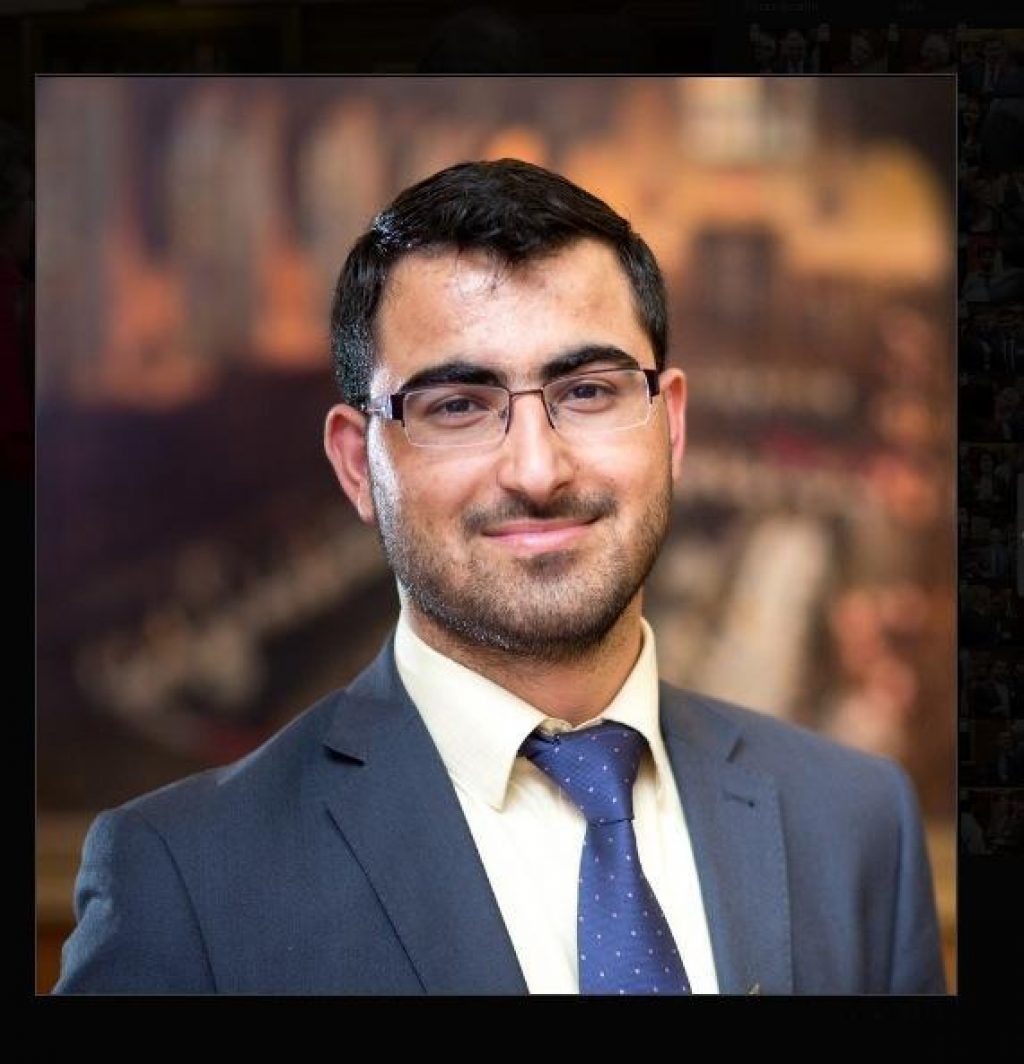
GULWALI PASSARLAY had witnessed more than any thirteen-year-old should have to, when he arrived in Britain on a banana lorry. The Afghan boy had already tried to board over a hundred lorries in Calais. It had been over a year since his mother handed him over to traffickers in Pakistan. She’d taken this desperate action as the Taliban were insisting the boy join them since his doctor father had been killed by US forces in eastern Afghanistan. The year’s journey involved jail in Bulgaria and Iran, and a hideous boat crossing to Greece. When Gulwali arrived in Britain, ravaged by the journey, the authorities refused to believe he was 13, claiming instead he was 18 and so less deserving of state aid. Fortunately Gulwali found his brother and went to live with him in Bolton. Teachers at a school for migrant children called Starting Point helped him persuade the Home Office of his true age, which enabled him to get foster parents. Thence he got 10 GCSEs, five A levels and a degree from Manchester University. He has been very active in the Bolton community and has recently published his life story.
